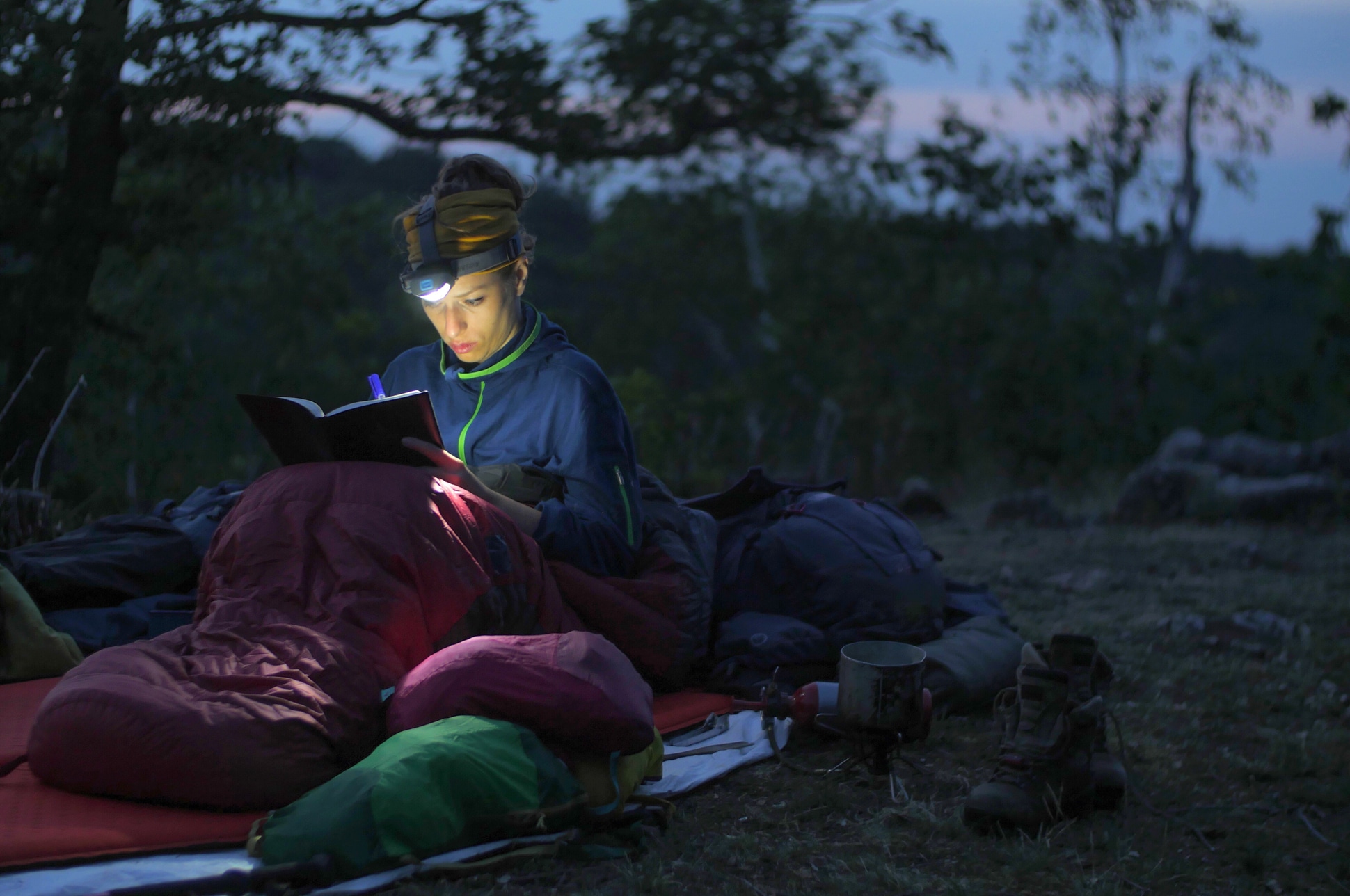How to manage a camping trip in the UK with severe food allergies?

Managing a camping trip with severe food allergies can seem daunting, especially when it involves children. However, with careful planning and educated decisions, you can ensure a safe and enjoyable experience for everyone. This guide provides practical tips and advice to handle the challenges posed by food allergies while ensuring a memorable camping trip in the vibrant landscapes of the UK.
Understand the Nature and Severity of the Allergy
Before embarking on your camping adventure, it is essential to understand the nature and severity of the allergy. This will serve as the foundation for your planning.
Avez-vous vu cela : How to find campsites that allow for long-term stays in rural Scotland?
Food allergies occur when the immune system mistakenly identifies certain foods as threats and triggers a defensive response. This can lead to various symptoms ranging from mild irritations such as hives or swelling, to severe reactions such as anaphylaxis, a life-threatening condition that requires immediate medical attention. Common food allergens include milk, eggs, peanuts, tree nuts, seafood, wheat, and soy.
If your child has been diagnosed with a food allergy, it is crucial to know the specific foods they are allergic to, the symptoms they exhibit, and the severity of their reactions. This information will help you plan meals, pack necessary medications, and communicate with others during your trip.
A découvrir également : What are the best practices for setting up a tent on sandy beaches in the UK?
Prepare Safe and Allergen-Free Foods
Meal planning is a vital part of camping, especially when dealing with food allergies. You must ensure that the foods you pack are safe and free from allergens.
Before your trip, prepare a list of foods that are safe for your child and others with allergies to consume. It might be a good idea to stick to simple dishes that require minimal ingredients and preparation. Pack enough allergen-free foods for the entire trip, including snacks and treats.
Make sure to read food labels carefully when shopping. Some manufacturers use different names for common allergens, and cross-contamination during manufacturing can be an issue. If you're not sure about a product, it's better to leave it out.
Pack Essential Medications and Health Care Supplies
When you're out in nature, access to medical care can be limited. Therefore, it's important to pack all necessary medications and health care supplies.
If your child has asthma or has experienced anaphylaxis, make sure to pack their prescribed medication. This could include a quick-relief inhaler for asthma, and an adrenaline auto-injector (EpiPen) for anaphylaxis. Always carry two doses of these medications in case of a severe reaction.
Also, consider packing a first aid kit with items like antihistamines for mild allergic reactions, creams for skin rashes or hives, and a digital thermometer. It's also wise to carry your child’s health records and emergency contact information.
Educate Your Travel Companions
It's important to inform and educate your travel companions about the nature of the food allergies. This can help prevent accidental exposure to allergens and ensure a swift response in case of an allergic reaction.
Explain to them the foods your child is allergic to, and the symptoms they may exhibit during a reaction. If your child has a severe allergy, demonstrate how to use an adrenaline auto-injector and inform them about the steps to take in case of anaphylaxis.
Safe Practices During the Trip
There are some safety measures that you can follow during the trip to avoid triggering allergic reactions.
Always ensure that hands and surfaces are clean before preparing food. Cross-contamination can occur when traces of allergens get mixed with allergen-free food. Also, remind your children not to share food with others to avoid accidental ingestion of allergens.
As much as possible, keep your child away from areas where food is being prepared or served. This will reduce the risk of exposure to allergens in the air, such as seafood steam or peanut dust.
With these precautions and preparations, you can ensure an enjoyable and safe camping experience. Dealing with food allergies can be challenging, but with a well-thought-out plan, you will be able to face these challenges and create wonderful memories in the great outdoors of the UK.
Emergency Preparedness for Allergic Reactions
When camping with a child or an individual with severe food allergies, it is key to have a clear emergency plan in case of an accidental exposure to food allergens. If such unfortunate circumstance arises, the reaction can range from a mild skin irritation to a potentially life-threatening anaphylaxis. Therefore, being prepared to manage an allergic reaction swiftly and effectively is paramount.
Firstly, ensure you have all the necessary medications on hand, and that they are easily accessible at all times. This includes not only the prescribed medications like epinephrine auto-injectors and antihistamines but also emergency medical supplies, such as a first aid kit and a digital thermometer. Remember to pack duplicate sets of medications to ensure that you have a backup in case one is lost or used.
Familiarise yourself with the signs and symptoms of allergic reactions, and train any travelling companions on how to recognise and respond to them. It is crucial that everyone knows how to administer an auto-injector and understands the importance of calling for medical help immediately after its use.
Lastly, always keep your child's health records and emergency contact information readily available. If you are in a remote location, identify the nearest medical facilities before your trip and make a note of their contact information and location. This preparedness could prove life-saving in a severe allergic reaction scenario.
Conclusion: Enjoyable and Safe Camping with Food Allergies
Dealing with food allergies, especially severe ones, while planning a camping trip may seem like a daunting task. However, with careful planning, informed choices, and rigorous safety practices, it is entirely possible to have a memorable and safe camping trip in the beautiful settings of the UK.
Understanding the nature of the allergy, packing allergy-friendly meals and snacks, preparing for emergency situations, and educating travel companions about the allergy are all key components of this planning. By taking these measures, you can ensure that everyone, including those with allergies, can partake and enjoy the camping experience.
Remember that the goal is not only to manage the food allergies but also to allow children with allergies to have fun, explore, and create lasting memories. With thorough preparation and a proactive approach, you can turn what may seem like a challenging situation into an enriching and adventurous experience in the great outdoors. After all, living with allergies shouldn't mean living in fear, but rather living with greater awareness and preparedness.
